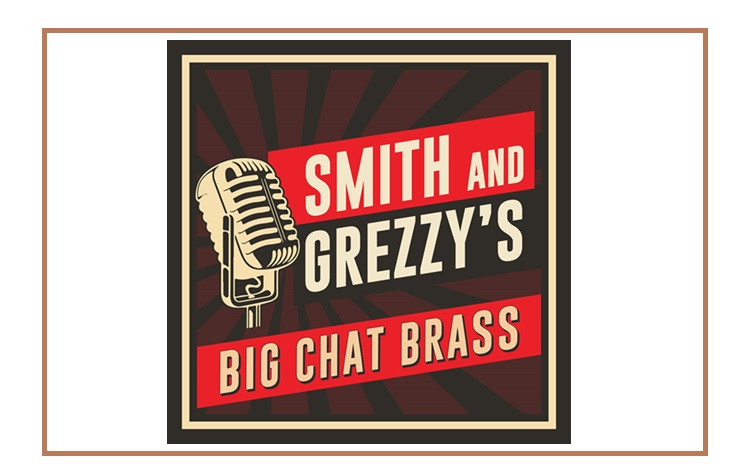
This week at Cheltenham Racecourse it’s those taking part in the British Open Snooker Championship who are complaining about the suitability of the venue.
So much so that the world’s number three ranked player Mark Allen was reported as saying that conditions at The Centaur auditorium were “absolutely embarrassing”, and that the table on which he beat his opponent should be “burned”.
He also suggested that doors were left open further deteriorating the playing conditions, leading him to state that it was “not good enough” for a tournament of such stature.
Sounds familiar?
Grumbles
What would he have said if he had been there a week or so earlier to play an exhibition match as the adjudication break entertainment at the Section 1-4 National Finals?
For grumbles there were plenty.
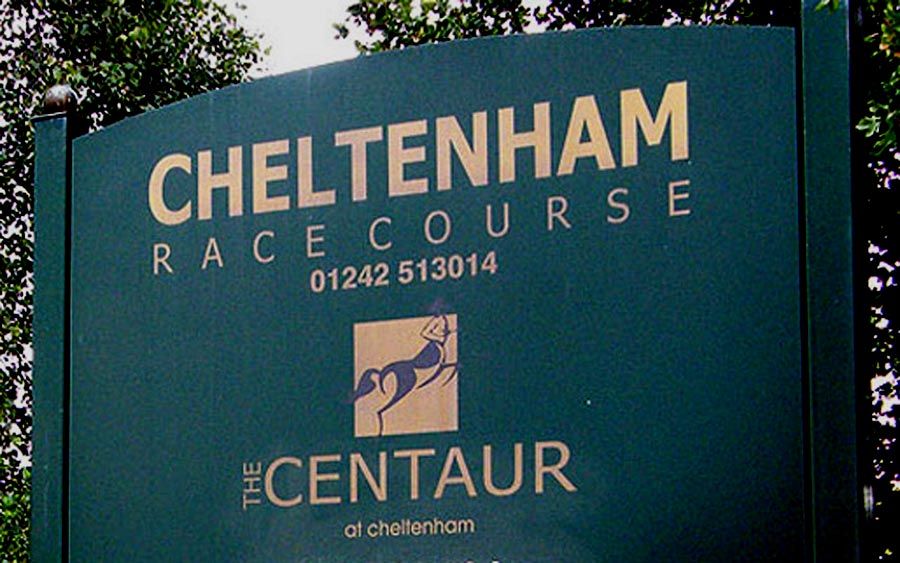
Kapitol have held the finals at Cheltenham since 2011
Up in flames
And whilst nobody quite suggested burning the music stands or percussion equipment provided, quite a few fancied contenders clearly felt their chances of claiming a good result also went up in flames due to the conditions they were asked to perform in.
That said, bands at Cheltenham were certainly welcomed and treated with professional respect, friendliness and understanding by both the Racecourse staff and especially by the Kapitol Promotions team of volunteers. The percussion equipment provided was excellent.
Bands and snooker
Despite that, Mark Allen may or may not be surprised to find out that when it comes to brass bands at Cheltenham, we have heard his arguments time and time again – in fact ever since the event was first held there in 2011.
Who really has the fondest of memories of Preston Guild Hall, Harrogate International Centre or Llandudno?
It is fair to say that the stage of The Centaur is not ideal to perform on, but then again neither is the Albert Hall or a host of other venues that have, or are currently used for, brass band competitions (some also having hosted snooker events).
Who really has the fondest of memories of Preston Guild Hall, Harrogate International Centre or Llandudno?
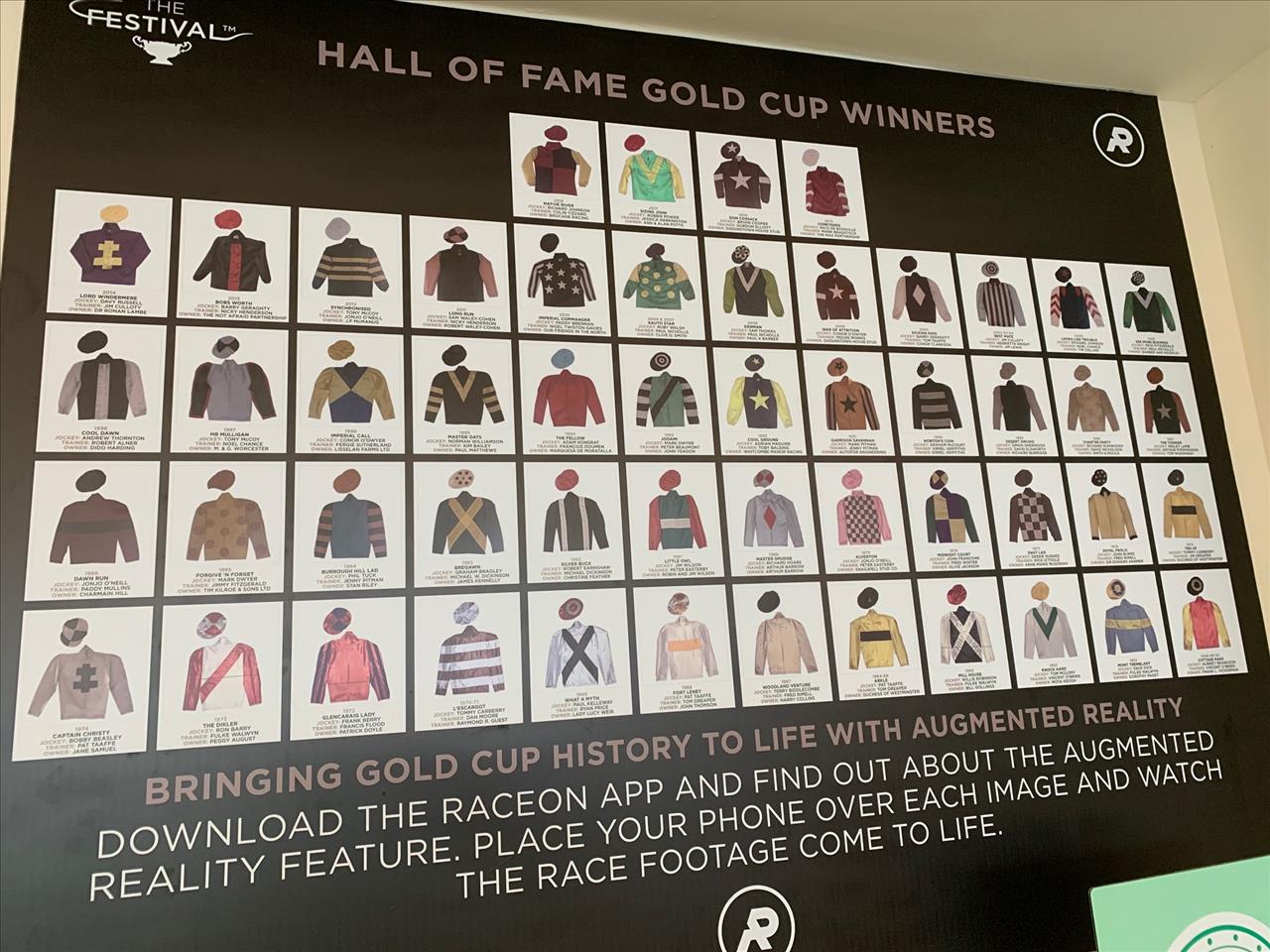
Getting the right quality rather than quantity of runners and riders is the key
Manifest symptoms
However, the problem isn’t the lack of two halls, the acoustic, the test-piece choices, or even the bar prices at Cheltenham. These are just manifest symptoms that arise time and time again when we repeatedly fail to address the fundamental issue underlying why bands are there in the first place.
These are just manifest symptoms that arise time and time again when we repeatedly fail to address the fundamental issue underlying why bands are there in the first place.
And repeatedly means just about every 10 years since the First Section came into being in 1992.
Covid-19 brought its own challenges that even now have yet to be fully overcome, but for the past 20 years or more it has been the gradual reduction in the number of competing bands at the Regional Championships that has not been reflected by substantive changes to the methodology of qualification to the National Finals.
Quality rather than quantity
How can the National Finals (including the Albert Hall) more accurately reflect the quality rather than merely the quantity of those who wish to become Champion Bands of Great Britain?
It is now an elemental stumbling block to long term reform, and one accentuated by the fundamental lack of desire of the bands themselves to address the need to overhaul a system based on outdated numerical regional representation.
It is now an elemental stumbling block to long term reform, and one accentuated by the fundamental lack of desire of the bands themselves to address the need to overhaul a system based on outdated numerical regional representation.
And so, until that is done, like Mark Allen, people will yet again air their contest opinions and gripes, viewpoints and arguments until the last band plays at next year’s finals – and that is more than late enough as it is.
However, some people are thinking about things constructively.
Cook and Baker
A recent discussion on Smith & Grezzy’s Big Chat Brass podcast (above) shone a welcome light on addressing the long-term future of these ‘National’ events (and indirectly others such as the British Open, Spring Festival and others).
They came from two clear minded thinkers in their guests Andi Cook and Andrew Baker.
Not everyone will agree, but it is good to know that at least two well informed observers of the UK banding movement were able to look beyond simplistic ‘answers’ to draw their conclusions on how to balance the equation.
Both have given considered thought to the purpose of the National Championships and how, in understanding the need for change, things could and should be altered to recognise excellence instead of entitlement.
It is very well worth seeking out.
https://www.youtube.com/watch?v=gOsP_vshX2g
Not everyone will agree, but it is good to know that at least two well informed observers of the UK banding movement were able to look beyond simplistic ‘answers’ to draw their conclusions on how to balance the equation.
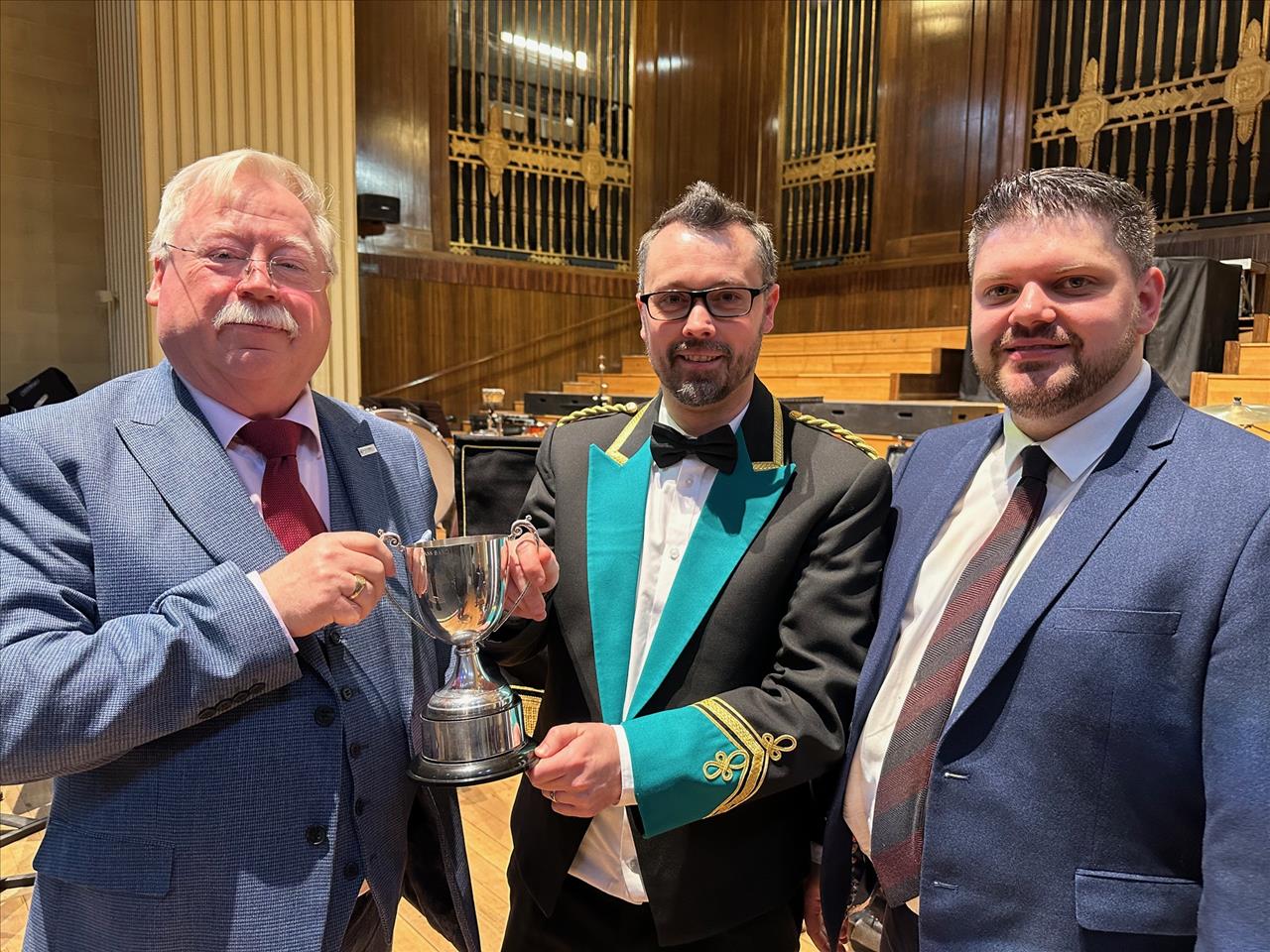
One in three: Holywell Band qualified for the National Final from a field of just 3 bands in the Fourth Section in Wales
Perceived indignities
One of their key points was that given that there are currently over 80 ‘championship’ bands topping a pyramid structure built on sections as small as three Fourth Section bands in Wales, then the leading bands themselves must show a real willingness to initiate change.
The recent setting up of the UK Leading Bands Forum could offer a means of doing just that.
The recent setting up of the UK Leading Bands Forum could offer a means of doing just that.
Self critical
However, with very few of those bands willing to be self-critical enough to readily admit that they are not in fact true championship level standard, why vote to support any proposal that would directly affect their status?
Better to let others suffer the perceived indignities of Cheltenham.
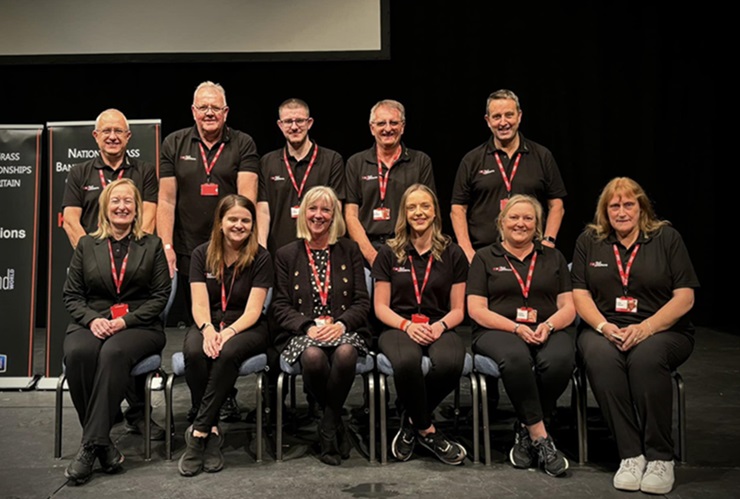
Critics
Kapitol Promotions has its critics, but it is not they who are imposing a status quo that some believe is set up solely to milk the banding movement of money for its own nefarious purposes.
In addition, they have said on numerous occasions (and it was repeated to 4BR at the event) that if the bands want change, then change will be implemented.
The problem remains though. As much as bands all like the thought of democracy and representation, very few really want to play a part in the hard yakka to achieve it.
The problem remains though. As much as bands all like the thought of democracy and representation, very few really want to play a part in the hard yakka to achieve it.
It’s a fair point. Getting representation on various Regional Championship Committees is one thing, but then being able to work in communal endeavour to further implement change with regions of the country who may not share the same viewpoint, quite another.
And it is essential to note that all the regions must agree to a proposal for change.
Persuasive dialogue
In that respect as events such as Brass in Concert and more latterly the British Open have shown, initiating persuasive dialogue rather than simply shouting out demands like sloganised banners and hoping everyone will fall in line is a better way forward.
It is an easy option to simply blame the ills and discomforts of modern-day contesting on the venues that host us.
Yet in terms of what Cheltenham has to offer, a much more focused, numerically sensible two days of contesting could be achieved if we really want to propose, petition and promote one for the benefit of UK banding as a whole.
Iwan Fox



